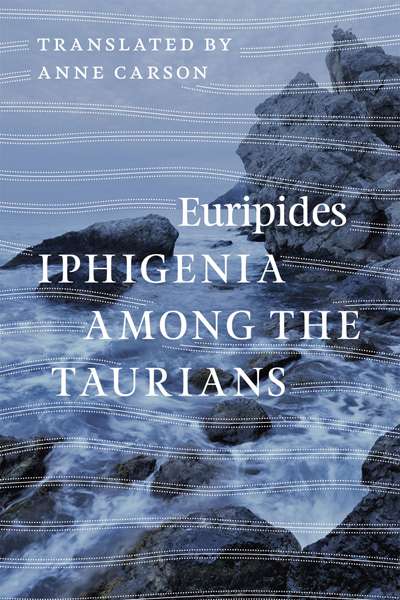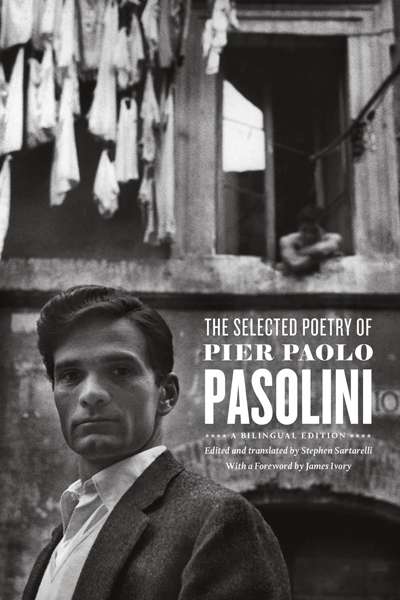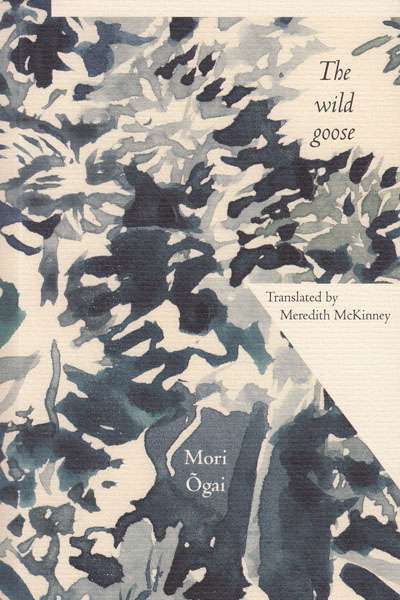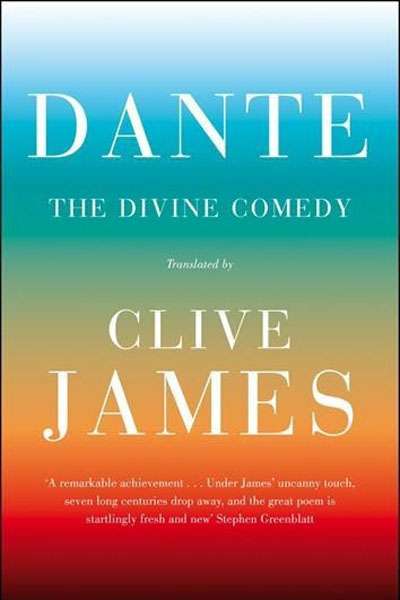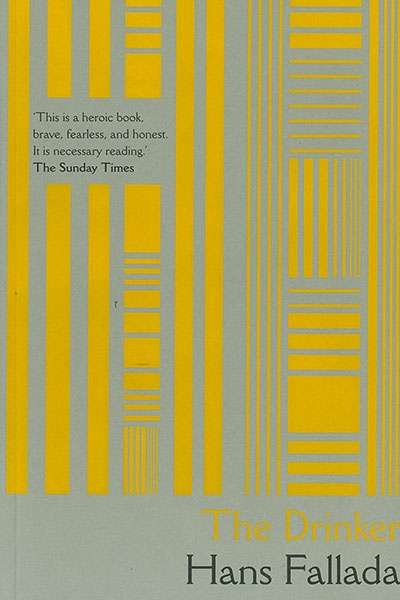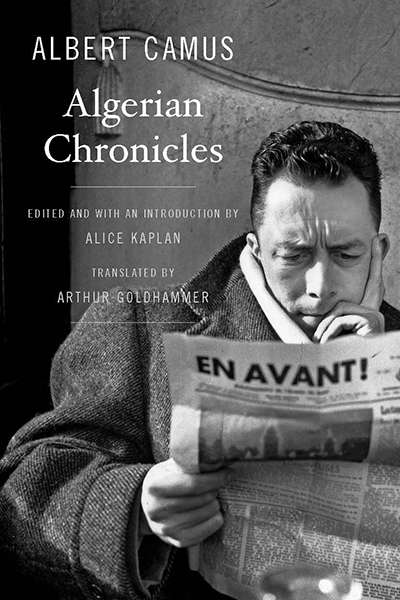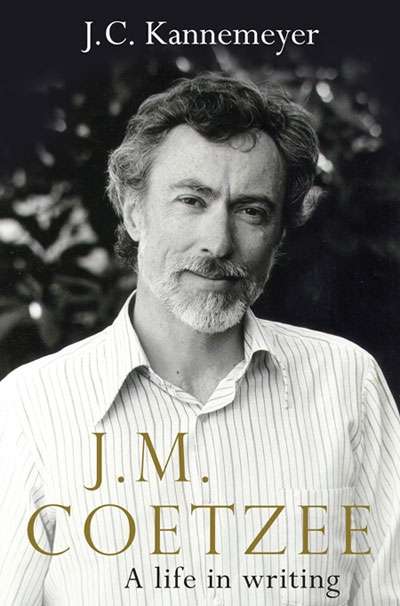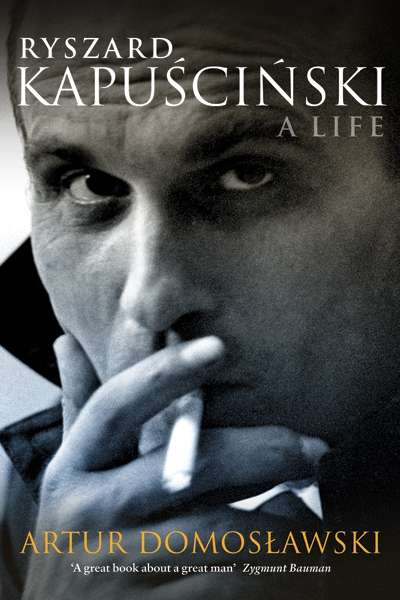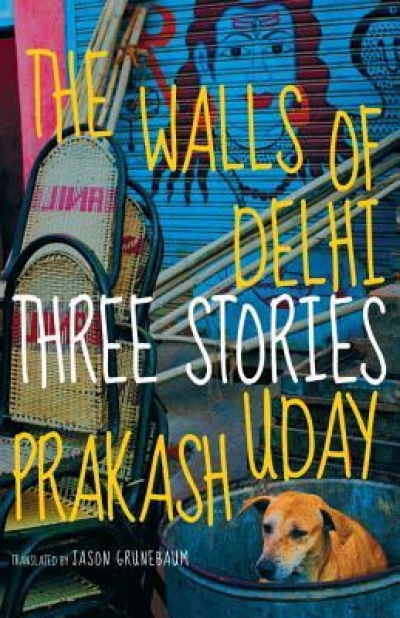Translations
Iphigenia among the Taurians by Euripides (translated by Anne Carson)
by Maria Takolander •
The Selected Poetry of Pier Paolo Pasolini: A Bilingual Edition by edited and translated by Stephen Sartarelli
by Annamaria Pagliaro •
The Wild Goose by Mori Õgai, translated by Meredith McKinney
by Alison Broinowski •
The Drinker by Hans Fallada, translated by Charlotte Lloyd and A.L. Lloyd
by William Heyward •
Algerian Chronicles by Albert Camus (edited by Alice Kaplan and translated by Arthur Goldhammer)
by Colin Nettelbeck •
J.M. Coetzee: A Life in Writing by J.C. Kannemeyer, translated by Michiel Heyns
by Gillian Dooley •
Ryszard Kapuściński: A Life by Artur Domosławski, translated by Antonia Lloyd-Jones
by Sheila Fitzpatrick •

